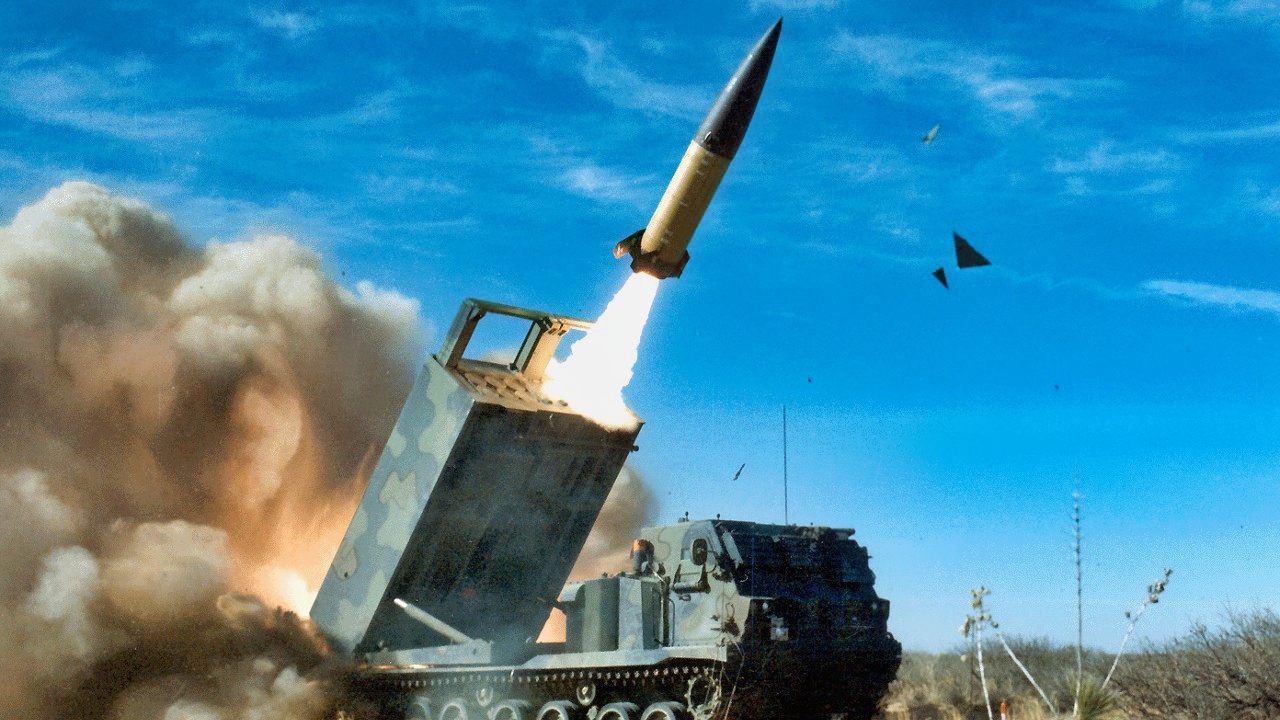European leaders have formally lifted restrictions on Ukraine’s use of long-range Western weapons against Russian military targets, effectively giving Kyiv a green light to strike deeper inside Russian territory.
The decision marks a dramatic shift in posture after more than three years of arguably careful military aid and guidance from NATO countries.
The news comes after Russia launched one of its biggest aerial assaults of the war.
A Big Change: No More ‘Restrictions on Range’
According to the Ukrainian military, Russia fired 69 missiles and 298 drones at cities across the country in a sustained attack that began Sunday afternoon and continued into Monday morning.
Kyiv officials say at least 12 people were killed and dozens injured, with critical local infrastructure, including power grids and hospitals, also sustaining significant damage.
Russia’s Ministry of Defense claimed that the strikes only targeted “military decision-making centers and foreign intelligence assets,” according to TASS.
Ukrainian President Volodymyr Zelenskyy, however, responded by accusing Ukraine of launching “terrorist strikes against peaceful cities,” adding that “the silence of America” and other global powers “only encourages Putin.”
Zelenskyy’s comments about the United States fell flat, however, as U.S. President Donald Trump issued his strongest condemnation of the Russian president yet, slamming Putin as “crazy” for “killing a lot of people,” and telling reporters that he is “not happy” with the latest development.
Deep Strikes on Russia: Europe’s Response Gives Ukraine More Flexibility
Immediately following the strikes, German Chancellor Friedrich Merz opened the door to fresh Ukrainian strikes on Russian soil using NATO technology.
Speaking during a WDR-hosted discussion forum, Merz confirmed that Western allies, including Germany, the U.K., France, and the United States, were no longer limiting the range of weapons they supply to Ukraine.
“There are no longer any restrictions on the range of weapons delivered to Ukraine – neither by the U.K., France, nor us. There are no restrictions by the U.S. either,” Merz said.
Merz also said that Ukraine “can now also defend itself by attacking military positions in Russia.”
The announcement puts an official seal on a policy that began to quietly emerge in late 2024 when the Biden administration and others started to ease restrictions on the use of long-range missiles. NATO powers effectively began dipping their toes in the water to see how far they can push Russia without its military leaders and president officially declaring war with NATO states.
Merz did not confirm whether Germany plans to send Taurus cruise missiles, which have a range of up to 500 kilometers, though he did signal support for reversing Scholz-era limits on their use.
The Ukraine War: Now a Long-Range Strike War? Not So Fast.
The news, while no doubt welcome to Ukraine, comes at a time when the country’s military is adapting how it uses Western-supplied weapons and heavy equipment, including tanks.
In recent months, Ukraine has begun using tanks more sparingly, making it difficult for Russian forces to take out multiple vehicles at once. Ukrainian forces have also used tanks in conjunction with ground forces and other weapons.
Furthermore, the former head of the Ukrainian Armed Forces, Valeriy Zaluzhnyi, stated last week that Ukraine must now abandon hope of returning its borders to those of 1991, effectively signaling that the country is ready to make concessions and come to an agreement with Russia to bring the fighting to an end.
After launching an all-out assault against Russian territory in Kursk, and ultimately losing control of the territory some months later, it’s hard to imagine Ukraine at this point launching successful long-range attacks into Russia. Of course, time will tell.
About the Author:
Jack Buckby is a British author, counter-extremism researcher, and journalist based in New York. Reporting on the U.K., Europe, and the U.S., he works to analyze and understand left-wing and right-wing radicalization, and reports on Western governments’ approaches to the pressing issues of today. His books and research papers explore these themes and propose pragmatic solutions to our increasingly polarized society. His latest book is The Truth Teller: RFK Jr. and the Case for a Post-Partisan Presidency.
What Are Europe’s Best Weapons of War?











Pingback: Putin Is Winning: Trump Is Starting To Look Weak on Ukraine War - National Security Journal